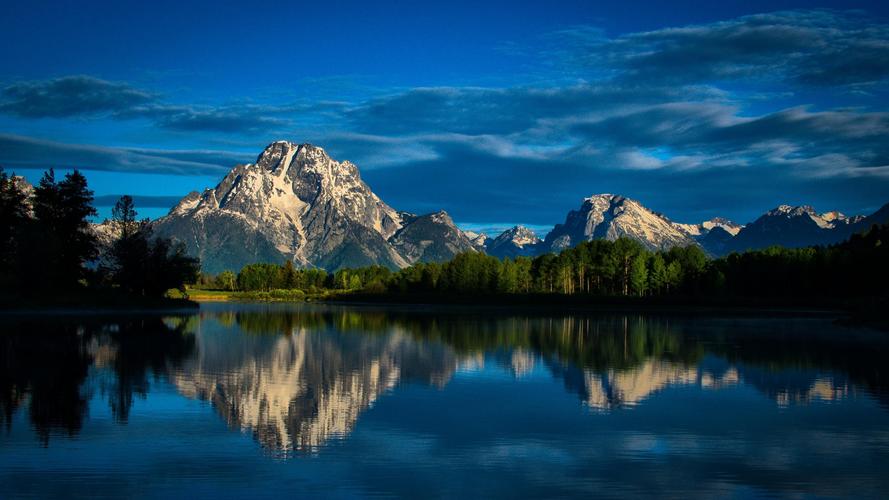The beauty of Indian cultural traditions is a topic that has been researched and written about extensively. Exploring the rich tapestry of festivals, customs, and beliefs that define the Indian way of life is an exciting journey that offers insights into the country’s diverse heritage.
One of the most distinct features of Indian cultural traditions is the celebration of festivals. India boasts of a plethora of festivals observed all year round, ranging from religious to social, and cultural to regional. The grandeur and pomp that accompany these festivals are awe-inspiring, and it’s no wonder that they attract tourists from all over the world.
Take, for instance, the festival of Navratri that is celebrated over nine days to worship and honor Goddess Durga. It is marked by colorful dresses, dances, and music and is observed with great fervor in the western and northern parts of the country. Similarly, Diwali, the festival of lights, celebrates the triumph of good over evil and is the most popular festival in India. The preparation for Diwali starts weeks in advance, and the streets and homes are illuminated with thousands of lamps, making it a delightful spectacle.
Another aspect of Indian cultural traditions that is deeply rooted in the Indian psyche is customs. India is a land of diverse customs that vary from state to state, community to community, and religion to religion. Some of the customs are ancient and have been preserved for centuries, while others are more modern and have evolved to suit the times. Regardless, they all reflect the unique cultural identity of India.
One such custom is the practice of applying henna or mehndi on important occasions such as weddings, festivals, and auspicious days. The intricate patterns and designs of mehndi are a fascinating art form and are seen as a symbol of good luck, love, and prosperity. Another fascinating custom is the Indian wedding ceremony, which is an elaborate affair that can last several days and involves numerous rituals and traditions.
Beliefs are another aspect that is closely tied to Indian cultural traditions. Indian society is deeply religious, and the beliefs are as diverse as the country itself. Religion plays a significant role in the everyday lives of people, and many religious sites hold great significance for Indians.
One of the most prominent beliefs is the concept of karma, which states that every action has a consequence, whether good or bad. It is considered a fundamental principle of Hinduism and is believed to be a guiding force that determines the course of one’s life. Another belief is the importance of family and community in Indian society. Indians place great emphasis on the family and its values of love, respect, and solidarity.
In conclusion, exploring the beauty of Indian cultural traditions is an exciting and enriching experience. The festivals, customs, and beliefs that define Indian society are a testament to its diverse heritage and unique cultural identity. The colorful and vibrant festivals, the intricate customs, and the deeply ingrained beliefs all serve to make it a fascinating country to explore and understand.
(Note: Do you have knowledge or insights to share? Unlock new opportunities and expand your reach by joining our authors team. Click Registration to join us and share your expertise with our readers.)
Speech tips:
Please note that any statements involving politics will not be approved.
